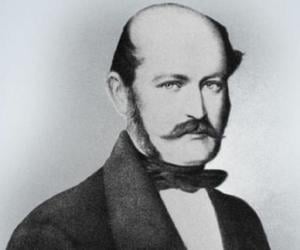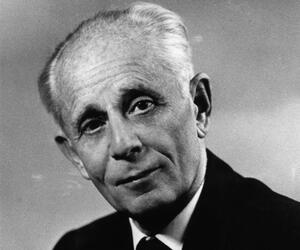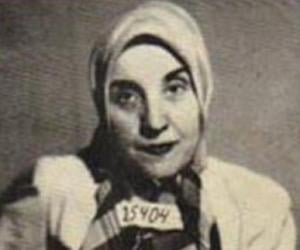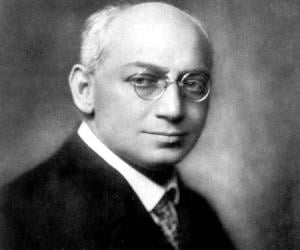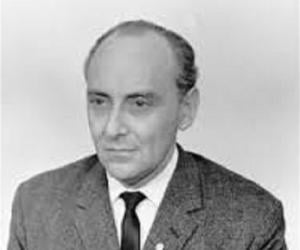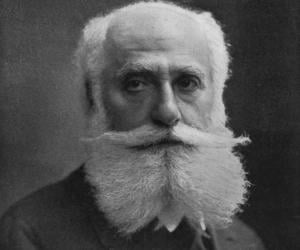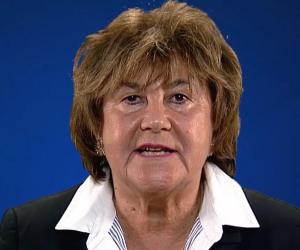1
Ignaz Semmelweis
(Physician)
Birthdate: July 1, 1818
Sun Sign: Cancer
Birthplace: Tabán, Budapest, Hungary
Died: August 13, 1865
Ignaz Semmelweis was a Hungarian physician and scientist of German descent known for his pioneering work in promoting antiseptic procedures in healthcare. He made significant contributions to reducing postpartum infections by introducing hand disinfection for healthcare workers. Despite facing rejection and ridicule from the medical community during his lifetime, his ideas eventually gained acceptance following the confirmation of the germ theory by Louis Pasteur. Semmelweis's work paved the way for the adoption of hygienic practices in medicine, ultimately saving countless lives.
